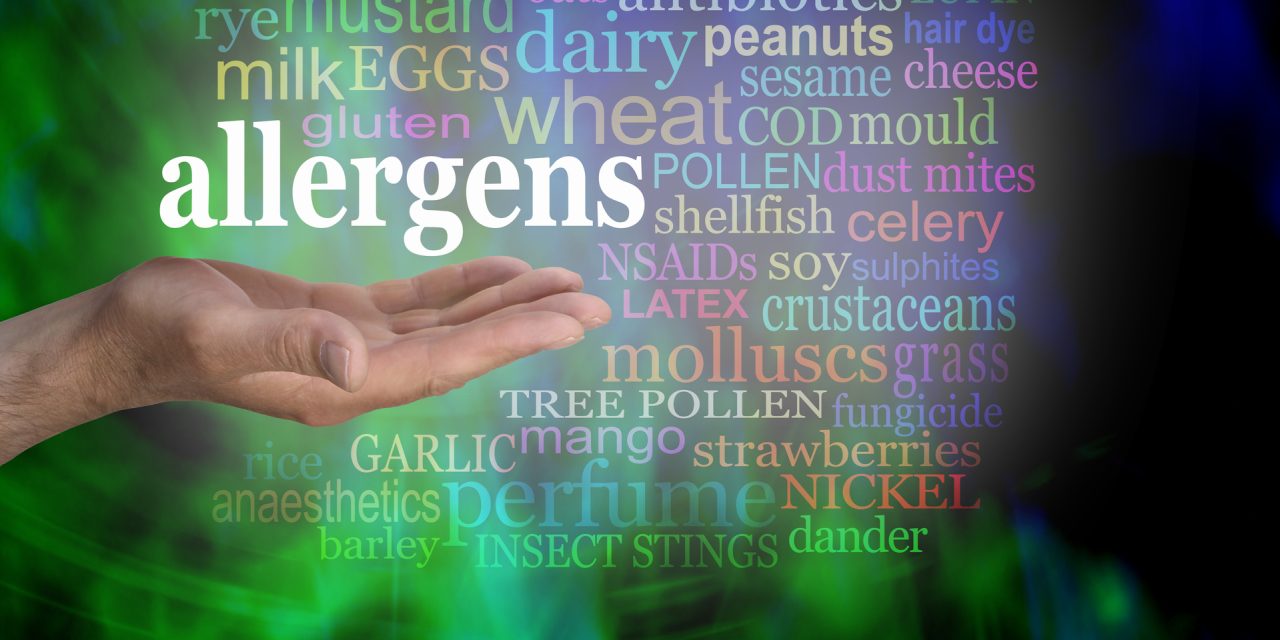The study conducted a phase 2–3 research of IVACFLU-S, a trivalent, seasonal inactivated influenza vaccine candidate, as part of the WHO’s Global Action Plan for influenza vaccines. In the phase 2 section of the trial, 252 people were given either a 15 mcg hemagglutinin (HA) vaccination or a placebo. Following the confirmation of safety, 636 more people were randomized to receive the vaccination or a placebo in phase 3. Immunogenicity was evaluated in a sample of phase 3 trial participants. When compared to placebo, a higher proportion of individuals in the IVACFLU-S arm reported solicited local adverse effects. Mild injection site discomfort and soreness were the most prevalent AEs in the vaccination group, affecting 55% and 60% of participants, respectively. The systemic AEs sought were equivalent. In the vaccine arm, seroconversion against antigens A/H1N1, A/H3N2, and B was achieved in 70.3 percent, 76.1 percent, and 54.1 percent of participants, respectively; seroprotection against antigens A/H1N1, A/H3N2, and B was achieved in 83.3 percent, 86.6 percent, and 60.3 percent of participants, respectively.
This study shows the local reactogenicity, other safety, and immunogenicity of IVACFLU-S, Vietnam’s first locally manufactured influenza vaccine.
Reference: https://www.tandfonline.com/doi/full/10.1080/21645515.2019.1613127


